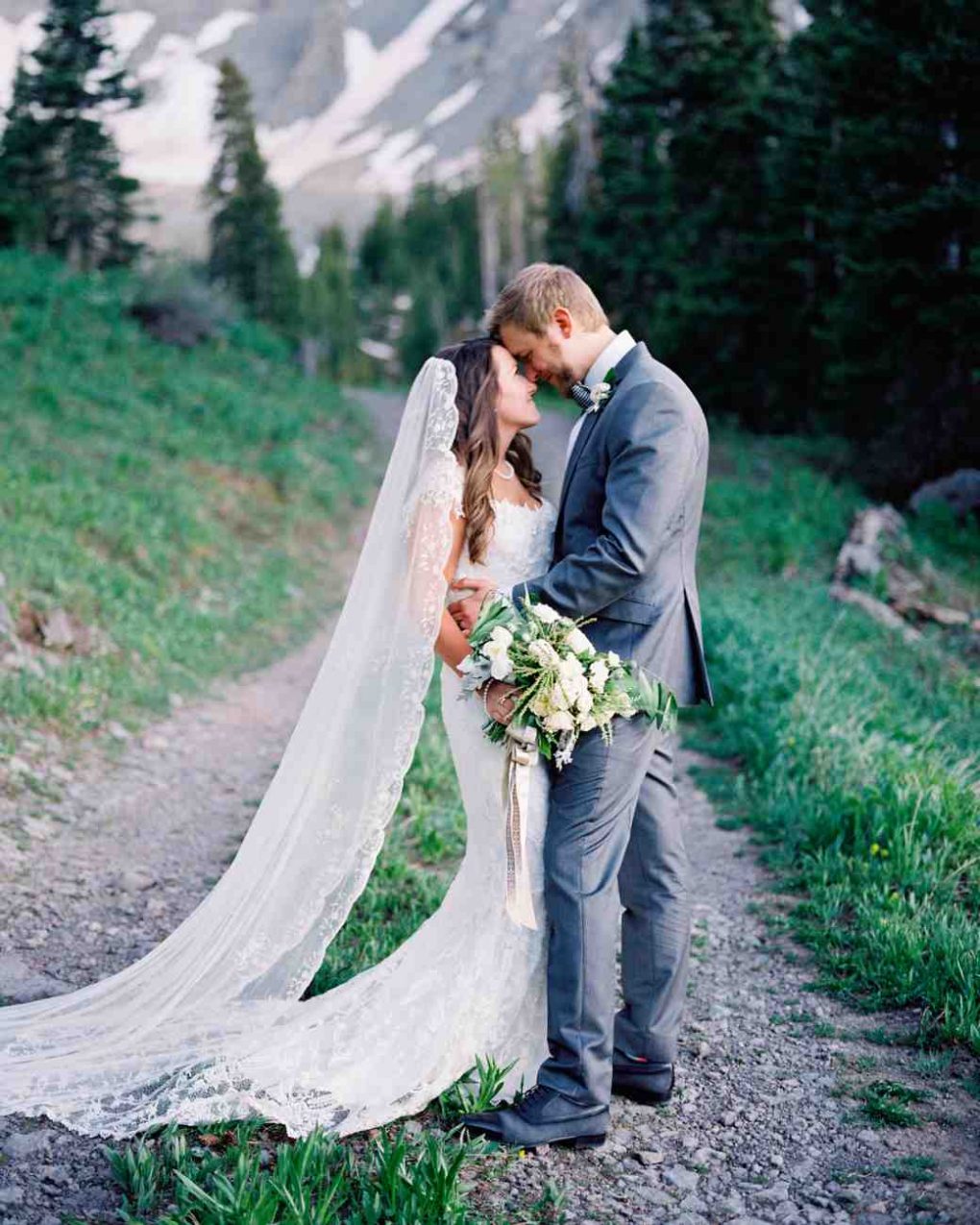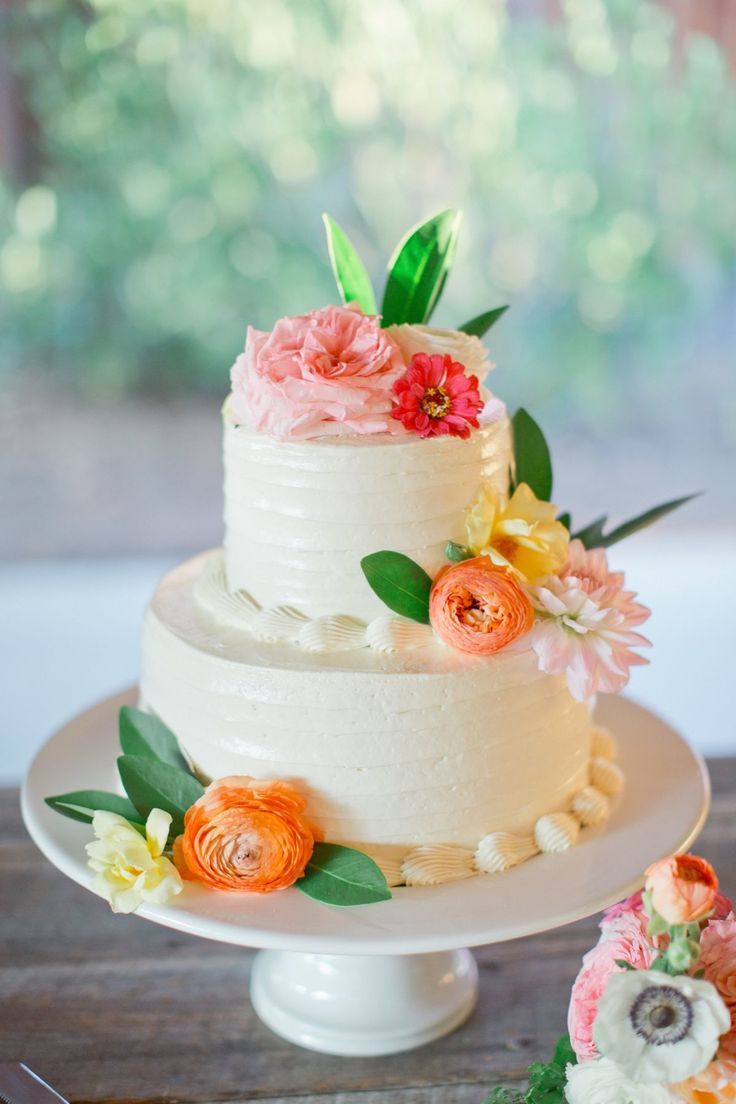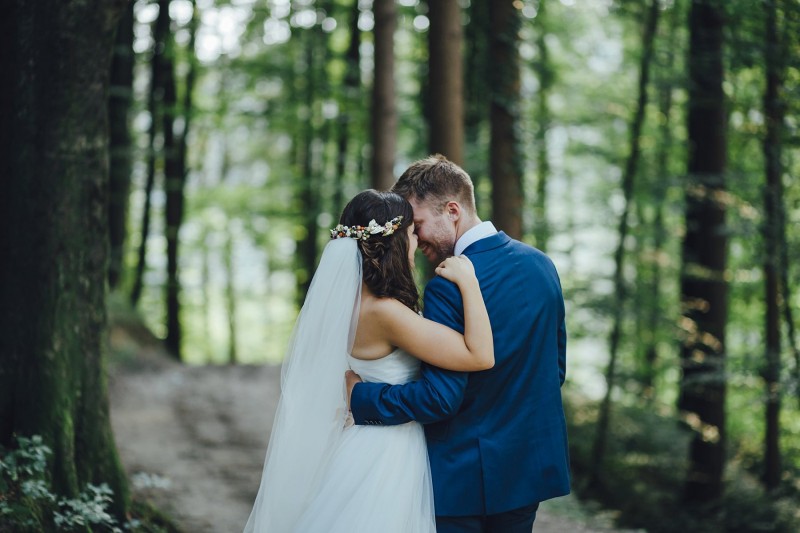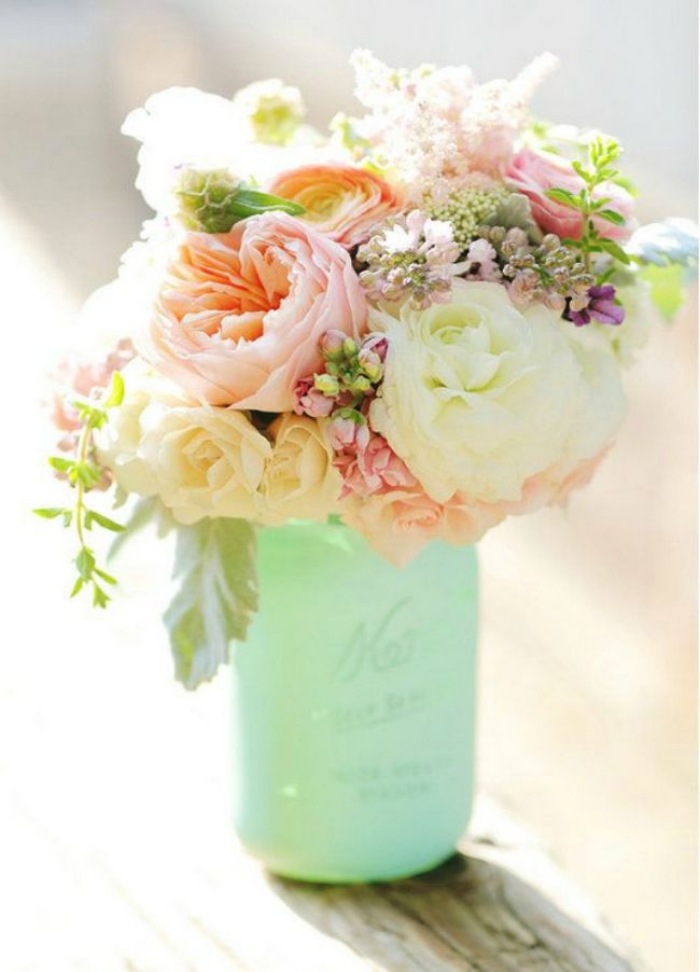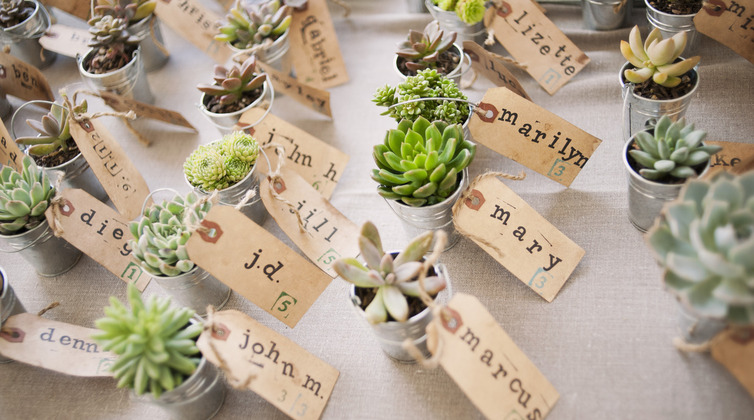Once you’re engaged, one of the first things you’ll have to do for the wedding planning process is the budget. Working out how much you’re spending on your wedding and trying to stick to it can be one of the most stressful parts, but it doesn’t have to be. If you go in with a plan and stick to it, there won’t be a problem.
Work out what you can afford
You can’t do anything with your budget until you figure out how much you’re spending so that’s your first job. Work out how much you can save between now and the wedding, include any loans or gifts you’re getting and add it all together. Don’t make yourself go into debt for your wedding and be realistic with your spending goals.
Divvy up the budget
Once you have your total figure worked out, it’s time to divide it up into what you’re going to be spending it on. If you’re feeling a bit lost, below is a general guide to what percentage of your budget will most likely go to each element. This is just a guide and can be amended to your own decisions.
- Reception Venue: 45%-50%
- Ceremony: 2%-3%
- Attire: 8%-10%
- Flowers: 8%-10%
- Entertainment/Music: 8%-10%
- Photography/Videography: 10%-12%
- Stationery: 2%-3%
- Wedding Rings: 2%-3%
- Transportation: 2%-3%
- Gifts: 2%-3%
- Miscellaneous: 8%
- Emergencies: 5%
Include a buffer
In case you’re wondering what miscellaneous and emergencies are in the budget, this is where your buffer comes in. When planning your budget, don’t max out your funds to the very last euro with no extra money to use in case of extras. You might spend exactly what you planned to spend at every juncture but suddenly your dream dress €500 outside the dress budget. Alternatively, there might be hidden charges you hadn’t accounted for. When these things happen you’ll be happy you included a buffer in your budget and didn’t go near it unless you needed to. If you still have it after the wedding, use it to enhance your honeymoon.
Take money from other places
If you don’t want to use your buffer money to give more to your dress budget, then look at your budget over all and decide where you can take money from. Decide what’s most important to you and what you don’t mind being frugal with and chop and change your budget accordingly. Discuss any budget changes with your partner and evaluate what way you can move the money around if needs be. If you find yourself needing to move a lot of money around, stop and think, is this expense worth going over budget or taking money from other places from?
Keep it simple
Start with the core things that are the most important to you. Don’t add unnecessary things to your wedding, think about what you need. A venue? A ceremony space? A dress? A suit? A cake? Then a photographer, food and music. Make a list in order of the absolute bare essentials and then stop and decide what you really want after that depending on how much is left in your budget. Remember, all you need is yourselves and someone to marry you, everything else is a bonus.
Think about normal spending
Don’t get carried away with the wedding spend. Of course you’re going to spend more than you usually would on a wedding dress, but don’t get lose track of how expensive things can be just because you used the word ‘wedding.’ For example, would you normally spend €500 on an amazing pair of shoes? Are you ever going to wear them again? Can you justify the money? If you can then fire away but if you’re caught up in the wedding buzz, stop and think for a minute.
Keep an eye out for sales
Don’t forget to keep an eye out for sample sales, trunk shows and other discounts throughout the wedding planning process. If you hadn’t planned on looking for your invitations yet, but there’s a sale on in one of your favourite stationers, then move your plans up and check out what’s on offer. You could end up with massive savings on some elements and more wiggle room to splurge on your dream photographer.
Consider a wedding planner
Investing in a wedding planner might sound like spending more money than necessary, and depending on the wedding you’re having, it might not be necessary. However, aside from taking out the obvious stress of planning your wedding, they can actually make you so many savings with vendors that you’ll actually profit from spending the money on the planner.
Beware of DIY
DIY might sound like an obvious money saving solution, but it can often have the opposite effect. DIY supplies can be costly, and if you don’t know what you’re doing, they can be incredibly time consuming and you may end up with something that wasn’t worth the money. However, sometimes DIY is the perfect way to cut costs, so just be wary. Look at the cost of supplies and how difficult or time consuming a project will be, then look at the cost of a ready-made product and decide whether or not you even need it.
Say yes to help
Finally, don’t turn down help from people who are really offering it. Utilise your friends’ and family’s skills if they’re willing to help. If you have an incredibly talented baker in the family who wants to make your wedding cake for you, let them. If one of your friends is a professional photographer, consider them for your wedding. It can often be an easy gift for them to give you and it’ll save you a huge amount of your budget, even if it’s only mates’ rates.
- Jenny Darmody
Image credits: Bride and groom: Heather Payne Photography | Cake: Harwell Photography | Bride and groom: Die Ciucius | Mason jar: Beach Blues | Favours: Brinton Studios


